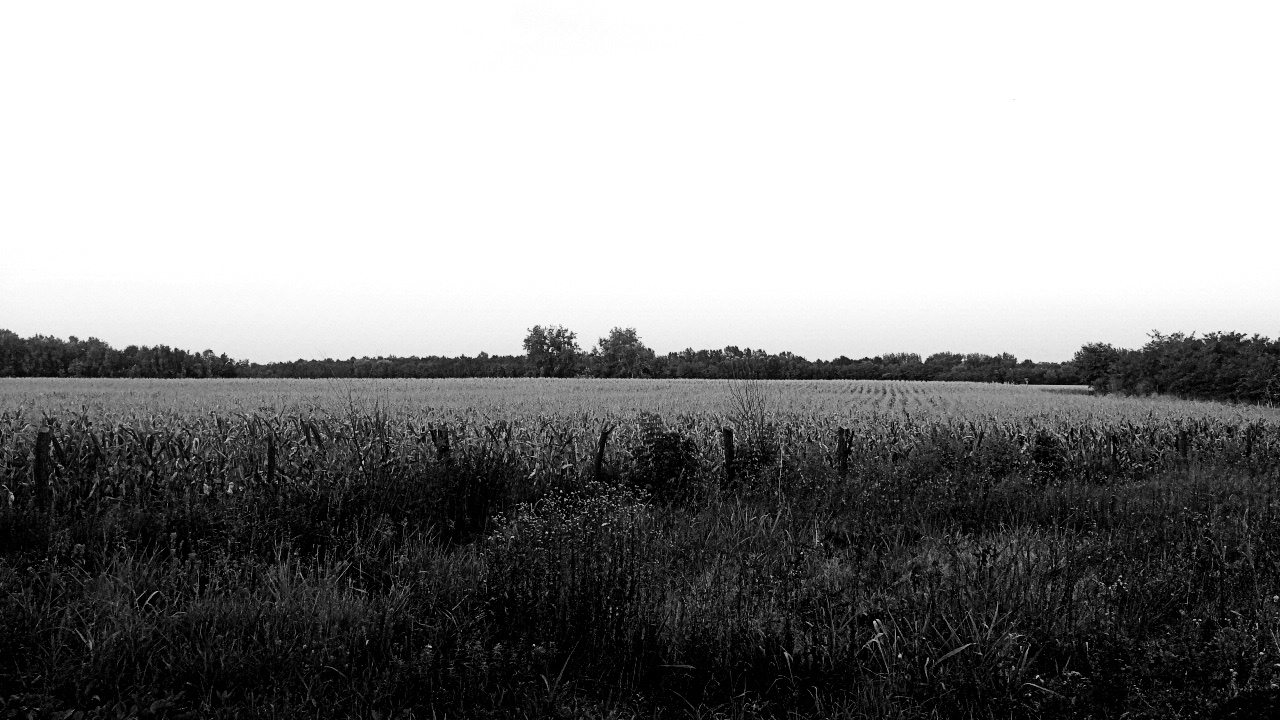If I don’t speak my truth, I will never be able to take myself seriously again. I would be betraying myself AND my profession. My entire career is built on making information available to people. Freedom of information is my #1 motivation. This is the work I’ve been doing for more than 10 years in translation, localization, writing, editing and information management in technology, software, IT, book- and magazine publishing.
In 2009 I graduated from the most prestigious journalism school in the world, Columbia University in New York, founded by Joseph Pulitzer in 1912. The year I studied at Columbia was marked by the outbreak of the worst financial crisis since the Great Depression.
Famous journalists came to our school to discuss: How did we journalists miss this giant fraud, the subprime mortgage crisis, the credit default swap insanity? How did we not see it coming? Why didn’t we warn the public? Did we not research the shady actions of banks? Was it too difficult or too scary to ask the right questions?
The second topic in this panel discussion was: How do we, as journalists, present financial statistics and numbers? We learned that it was possible to write about statistics in many different ways, even in totally misleading ways, without changing the actual numbers.
Now, in 2021, most of what you hear is misleading. Censorship and propaganda is pretty much everywhere, albeit hidden for the untrained eye. Marianne Zwagerman and Arno Wellens are two examples of admirable Dutch journalists who are actively pointing at the source of our problems: a toxic mix of corruption in (supranational) governments and media.
The point of this rant is that time, more than any other force, reveals truth. If journalists are not doing their jobs, it will take a hell of a lot more time for the truth to come out and there will be hell of a lot more suffering in the world.



